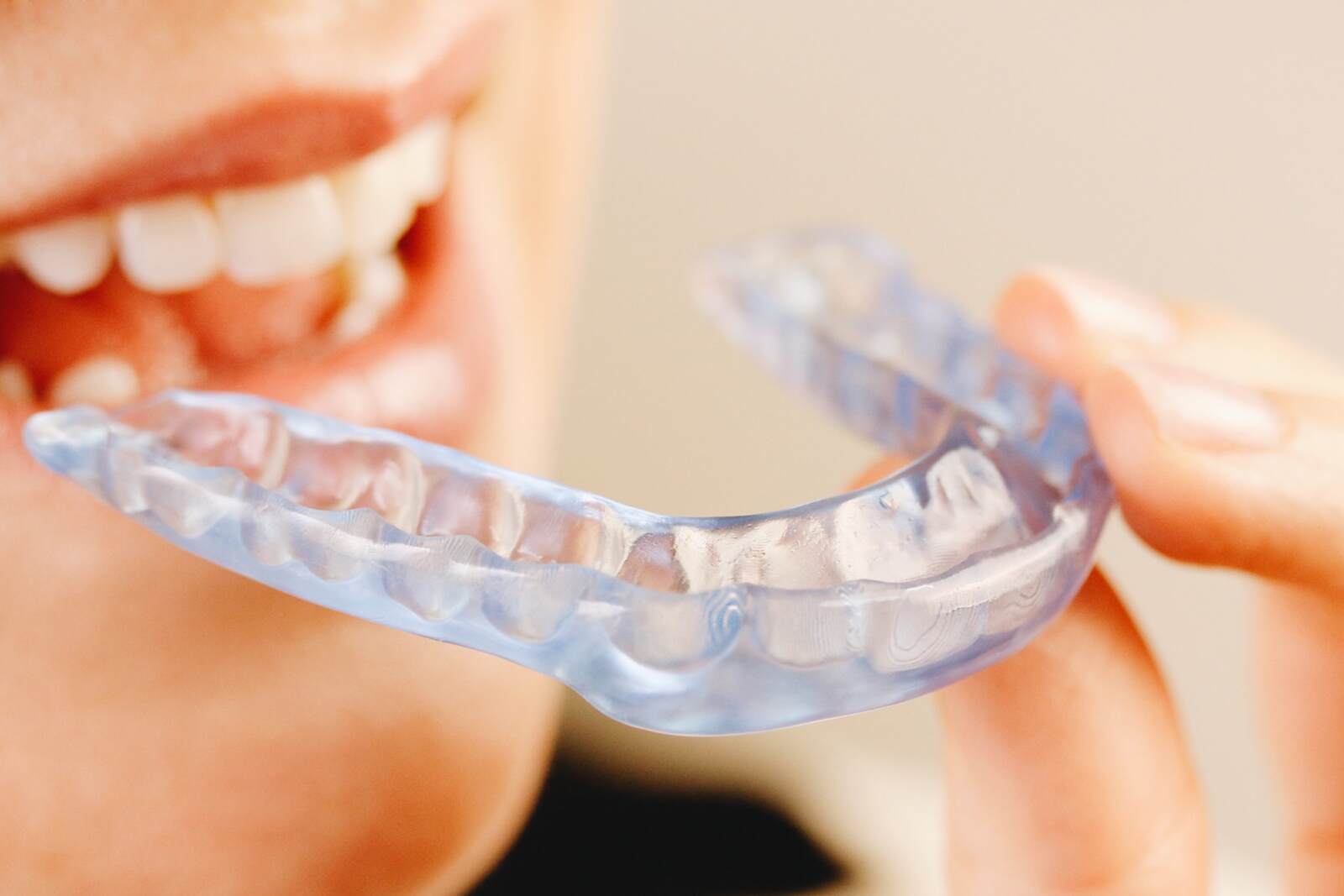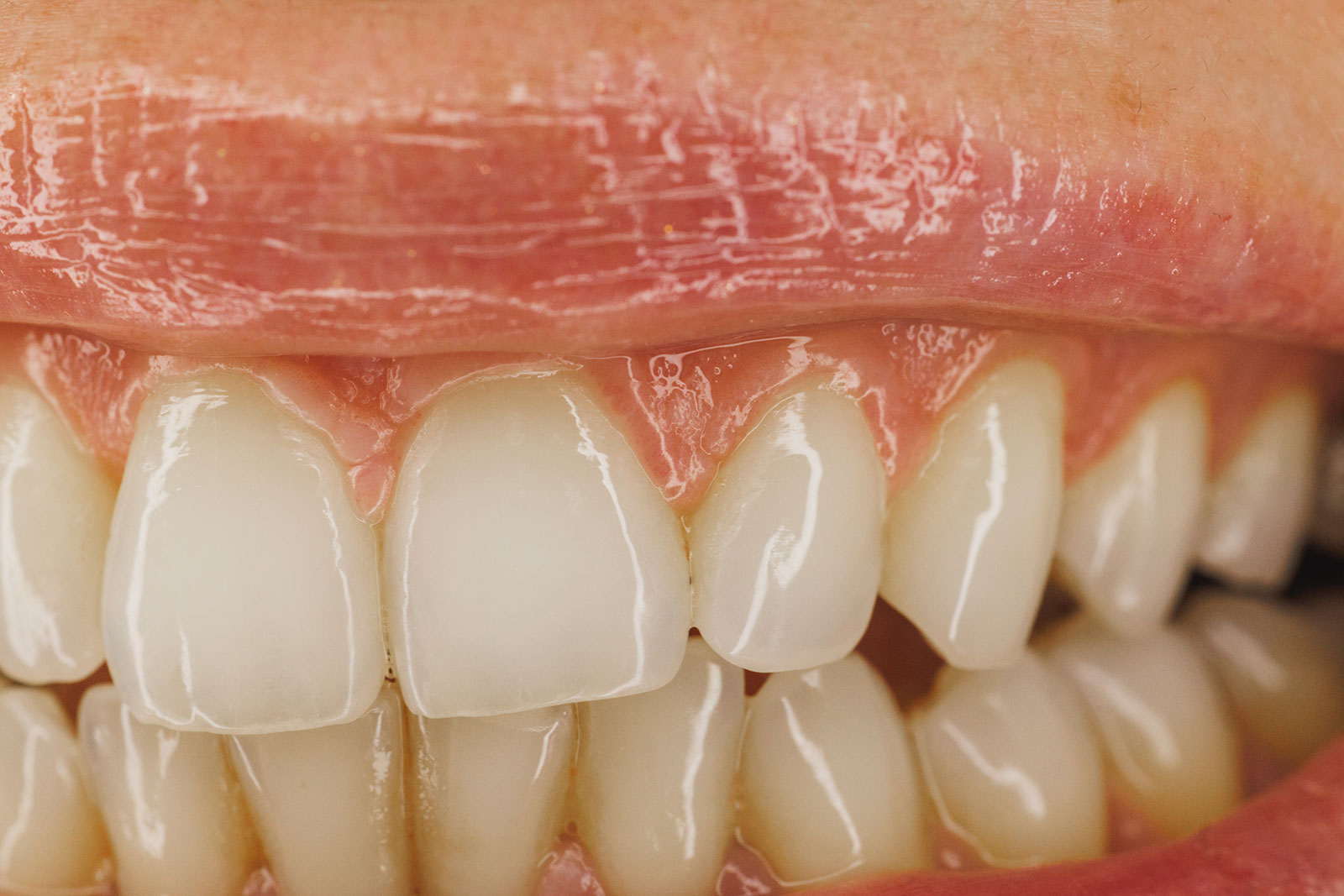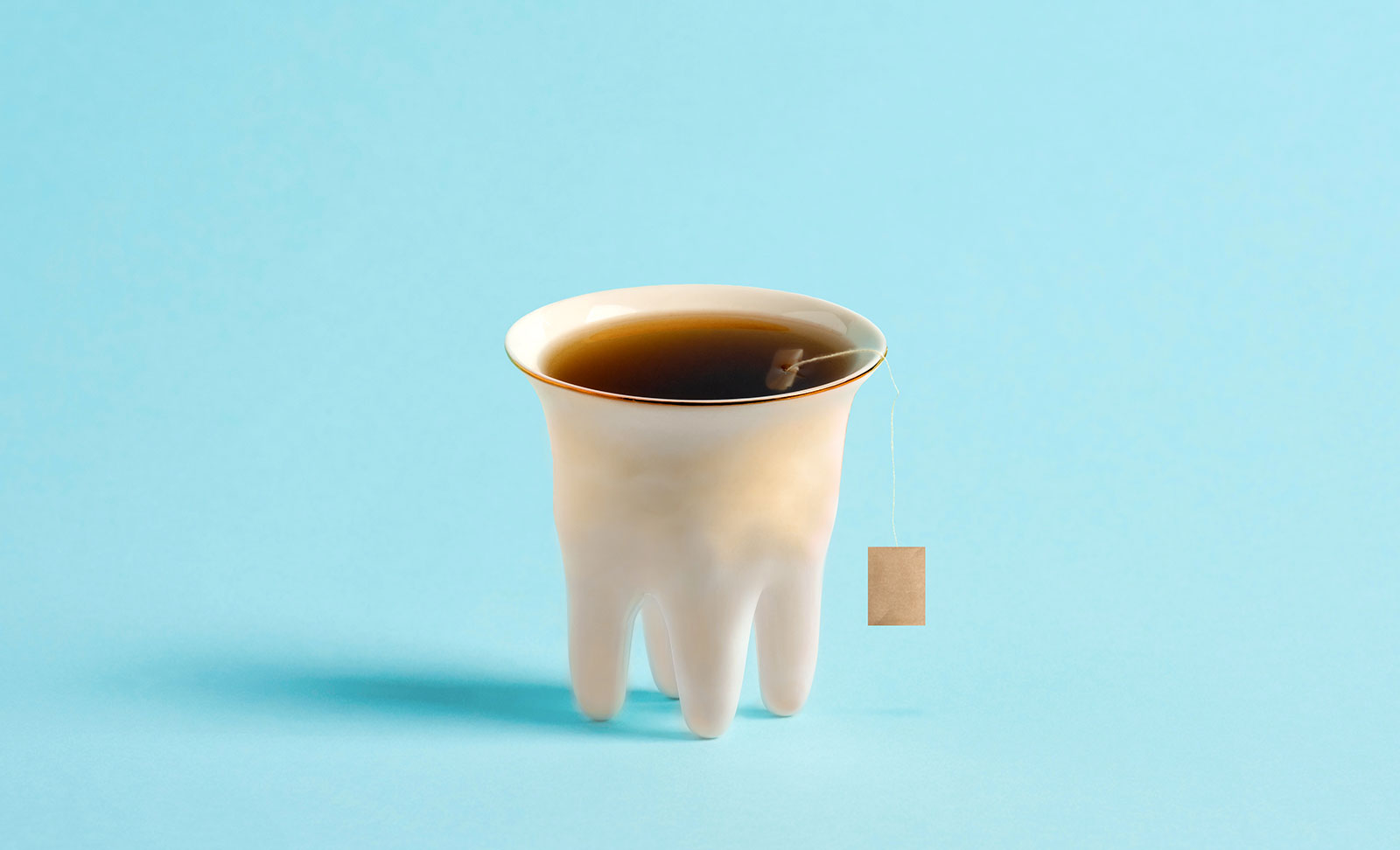Wisdom teeth often cause a number of problems. They can put pressure on the rest of the teeth, create cysts, develop caries, cause gum disease, and more. Frequently, they also cause pain. In this post we’ll explain the causes of wisdom tooth pain, how you can relieve it and what you can do to prevent it.
Loss of function
First of all, you should know that practically speaking, wisdom teeth serve no purpose. So why do we have them? According to a number of scientific theories, in ancient times humans had larger mandibles than we do today, in order to be able to chew harder and bulkier types of food. As our diet evolved, our mandibles have become smaller, to the point that wisdom teeth do not fit in our mouths properly and cause problems as a result.
Causes of wisdom tooth pain
Wisdom teeth are our third molars and are located at the far ends of our row of teeth, both upper and lower. We have four of them, although for many people not all of the wisdom teeth erupt.
If the area around a wisdom tooth hurts, this is probably due to one of the following causes:
- Lack of space during eruption. Because there is insufficient space in the mandible for the wisdom teeth, they often grow sideways, thereby placing pressure on the other teeth and causing pain. If your gum is swollen, hurts or bleeds in the area where a wisdom tooth should come through, or if you notice bad breath or an unpleasant taste in your mouth without an evident cause, it is important that you visit a dentist in order to prevent an impacted wisdom tooth from harming the rest of your teeth. If you like, you can schedule an appointment at Oris Dental Clinic; we’re located in the neighborhood of Les Corts in Barcelona.
In some cases, the eruption of a wisdom tooth when there is insufficient space in the jaw can also cause pain in your ears, head or neck. Bear this mind when deciding whether you need to visit the dentist!
- Caries. The pain you are feeling in your wisdom tooth may simply be caused by a cavity. In fact, caries are very common in wisdom teeth, as it is very difficult to clean them properly using a toothbrush.
- Pericoronitis. This is a bacterial infection of the gum that can occur when the wisdom tooth begins to erupt. It produces very intense pain and inflammation that is sometimes accompanied by pus. Pericoronitis must be treated as soon as possible in order to prevent more serious consequences.
How to relieve wisdom tooth pain
If your wisdom tooth is causing pain, we recommend that you visit a dentist as soon as possible. However, prior to the visit, you can relieve the pain by doing the following:
- Rinsing your mouth with salt water. Add a spoonful of salt to a cup of hot water. Stir the water until the salt dissolves, then rinse your mouth repeatedly for around 30 seconds. If you find that this lessens the pain, you can rinse with salt water several times a day.
- Ibuprofen. You can put a piece of an ibuprofen tablet on the area that hurts, in order to lessen the pain. Ibuprofen is a painkiller and can reduce the inflammation of the gum around the wisdom tooth.
- Ice-pack. If the pain persists, it is often effective to apply something cold (e.g. an ice cube wrapped in a piece of gauze) to your cheek, at the same height as the affected area. However, we recommend that you only keep the ice-pack in place for a maximum of 20 minutes.
What treatment will the dentist apply?
The first thing the dentist will do is check to see whether the pain is caused by an infection. If it is, the dentist will prescribe an antibiotic, so that the cause of the infection can be treated later on. If the pain is caused by a cavity that has not affected the dental pulp, the dentist will remove the caries and give you a filling.
However, if the pain is due to a lack of space, the dentist will identify this cause very quickly by taking an X-ray. In such cases, it will be necessary to extract the wisdom tooth. Nonetheless, you should bear in mind that many dentists recommend the extraction of wisdom teeth as a matter of course, given that they serve no purpose and often cause health problems over the course of the patient’s life.
How can I prevent wisdom tooth pain?
There are two basic recommendations for preventing wisdom tooth pain:
- Have regular dental exams at the dental clinic. This will allow the dentist to detect the eruption of an impacted wisdom tooth that is growing in the wrong direction.
- Clean your wisdom teeth carefully, making sure that you brush them properly. They are the most difficult teeth to clean, because they are at the back of your mouth and there is little space. Try to use dental flossandrinse with mouthwash in order to remove any remnants of food.
Artículos relacionados
Comprehensive oral health, Restorative dentistry
Comprehensive oral health, Restorative dentistry






